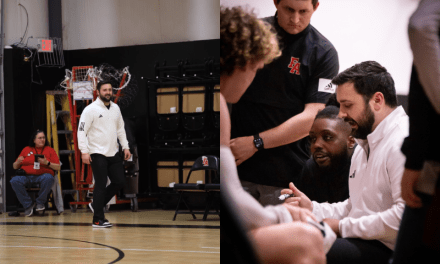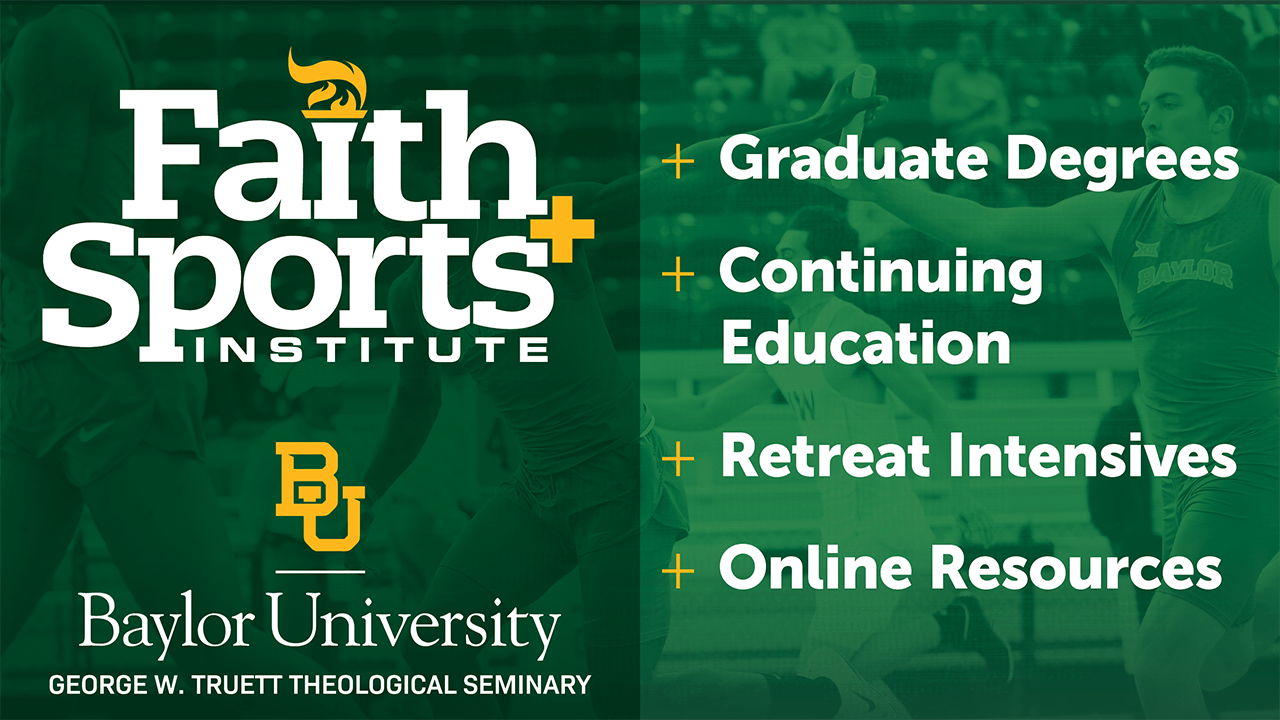
Editor’s note: This guest post from from Sean Strehlow, a doctoral student in higher education at Baylor University.
Sean Strehlow
Not long ago, I had a conversation with one of my students who was interested in going to graduate school for a PhD. Half joking, half serious, my initial response was “why?”. Getting a doctorate in any field is a challenge that requires a strong sense of purpose. As a fourth-year PhD candidate studying character development in sports coaching, I still find myself periodically returning to the question of purpose.
In those moments, I am reminded of an essay published by the Carnegie Foundation for the Advancement of Teaching (CFAT) entitled “Preparing Stewards of the Discipline.” According to the essay, the key to understanding one’s purpose in graduate school is through an understanding of stewardship, which involves three main tasks: conservation, generation, and transformation. While this statement is focused on academic stewardship, I think it provides a helpful framework for thinking about athletic stewardship too.
Coaches are already encouraged to reflect on their purpose. From 3D Coaching to the InSideOut Initiative, coaching development programs often include an emphasis on remembering and rediscovering one’s “why.” What if Christian coaches added to this with an intentional focus on what it means to be a good steward in the realm of faith-sport integration? For Christians, purpose or vocation is more than a call to excellence in a field of practice. It is also a call into an ever-deepening faithfulness within that field.
If we take the CFAT’s three tasks—conservation, generation, and transformation—and consider them through an athletic lens and in light of a Christian theology of stewardship, we can get a sense of what this might look like.
Conservation
Stewards have the responsibility for ensuring the continuity, stability, and vitality of their field by deciding which ideas still have value and which ones have outlived their usefulness. For coaches, this includes definitions of character that are passed down and reproduced within a given sport. The values and virtues that coaches emphasize will be informed by existing narratives about what it means to be a Christian and to be a good coach.
Many of these narratives are embedded in a sport’s historical context. The rise and fall of important questions, ideas, and controversies can illuminate virtues to pursue and vices to avoid. For example, my own sport of choice (tennis) has a history that is fraught with classism and racism which still presents barriers of entry and limits access to marginalized groups. However, we can learn of courage, justice, and perseverance from trailblazers like Talley Holmes, Ora Washington, and Bob Ryland who, with the support of HBCU’s, created an infrastructure that paved the way for Althea Gibson, Arthur Ashe, and the Williams sisters.
These stories remind us that sports can simultaneously be a powerful social glue and a vehicle for grave injustice. Understanding the complex histories of the sports we play can help us hold fast to what is good while resisting or reforming those aspects that are harmful (commodification, idolatry, sexism, etc.). It also gives us a sense of perspective as we recognize that our own place in a given sport is dependent on the work, for good or ill, of those who have come before us.
Generation
Being a good steward is not just keeping stories alive, but about telling new ones as well. For academics, knowledge generation is a primary task, and usually involves some theoretical contribution to a discipline or field. Although coaches aren’t producing academic research, perhaps they can reframe the task of generation as a process of reflection that reveals wisdom.
This is crucial for the work of faith-sport integration, because while some scholars have offered abstract theologies of sport, their message can seem far removed from the “wild-eyed dogs of the day-to-day.” Christian Coaches who are already on the ground and fully engaged in athletics have much to offer the systematic study of faith-sport integration. So, how might coaches participate in this kind of knowledge generation? Here are a few suggestions:
- If you haven’t already, craft a coaching philosophy that articulates your understanding of faith and sport integration. Continue to revise over time as you develop new insights.
- Start a blog or newsletter and share it with other coaches. Get their feedback. Start a dialogue. Get in the habit of regular reflective writing.
- Another way to write regularly is through private journal reflections. Save them and, over time, you might have a book on your hands.
- Cultivate relationships with colleagues who are equally passionate about faith-sport integration. Even informal conversations can lead to deep theological reflection.
Transformation
Knowledge, whether preserved or newly discovered, is rarely meaningful on its own. A good steward is able to transform their knowledge into a pedagogy that effectively transmits ideas and insights; it is the act of teaching in its broadest sense. In the context of coaching, transformation challenges the bio-scientific assumption of the coach as a trainer, and, instead, requires the coach to be an educator.
For Christians, transformation is not only a pedagogical task, but an existential and spiritual one as well. In addition to transmitting knowledge and skills, Christian coaches might ask how their faith enlivens their coaching practices. By doing so, coaches may also facilitate the transformation of their athletes into future stewards of the sport.
Of course, context matters. The framework of stewardship I’ve laid out here—conservation, generation, transformation—would play out and look differently depending on the individuals and organizations involved in the process. For Christian coaches working in a pluralistic setting, the connection of one’s Christian theology and identity with the task of coaching might not be outwardly displayed in a direct way. For coaches affiliated with Christian educational institutions, however, there is both a great opportunity and responsibility to consider how their pedagogy can help develop their athletes’ Christian identity.
Indeed, I would issue a special call for coaches at Christian colleges and universities to be among the most engaged in this conversation about good stewardship, especially if your institution expresses a deep commitment to cultivating a Christian identity. There is endless opportunity for coaches at Christian institutions to lead out on conversations with campus partners, fellow coaches, and even students on what it means to be a good steward of one’s sport.
As a coach committed to these efforts, your work has the potential to support a robust community of practice at the intersection of faith and sport.
About the author: Sean Strehlow is a doctoral student in the Higher Education Studies and Leadership program at Baylor University. His research interests include moral formation and character development at the intersection of faith, education, and sport. You can follow him on Twitter at @Strehman.





